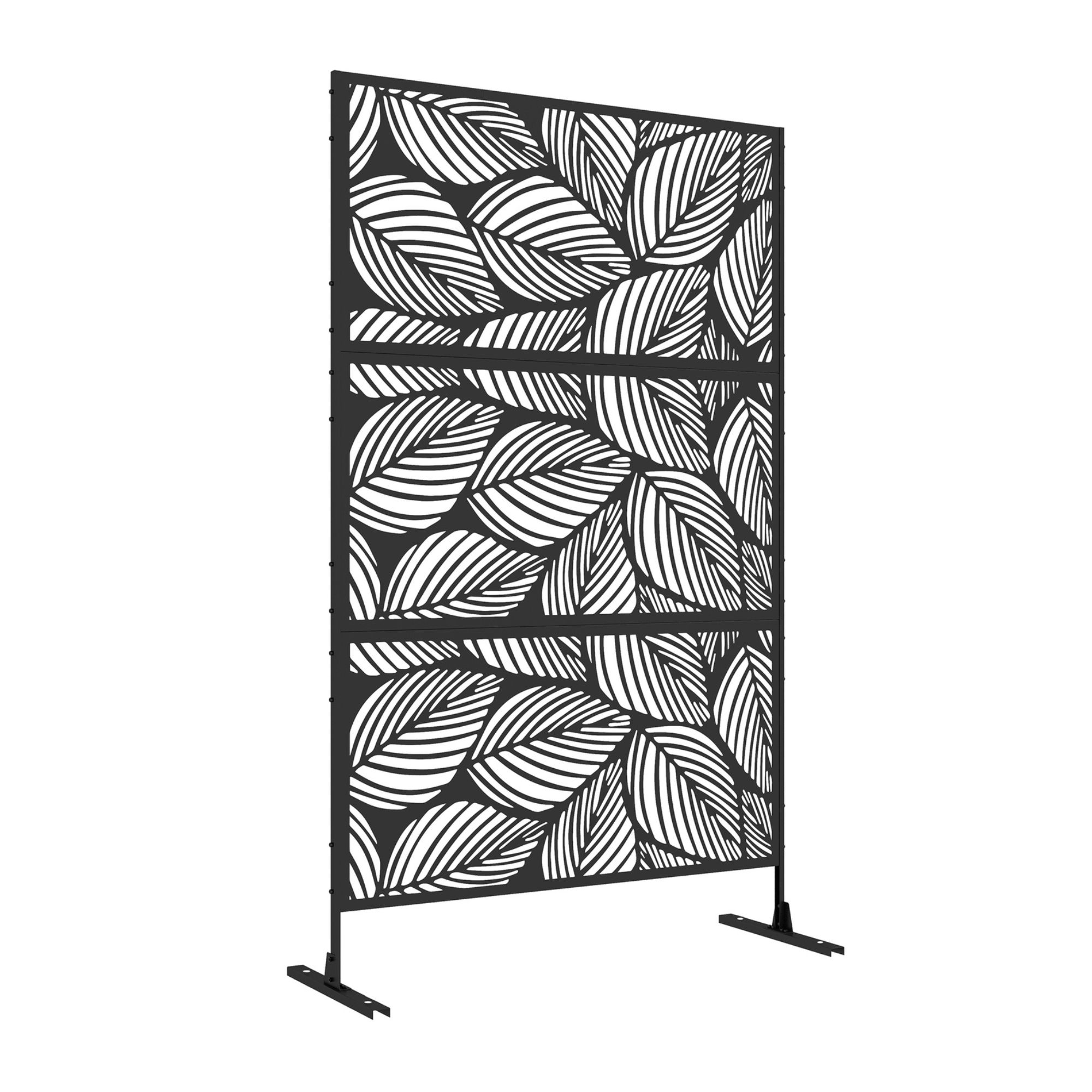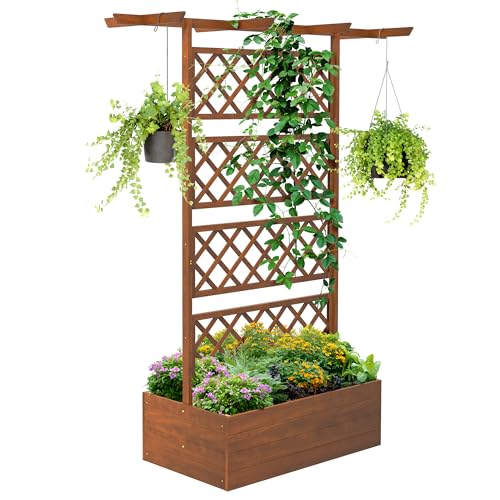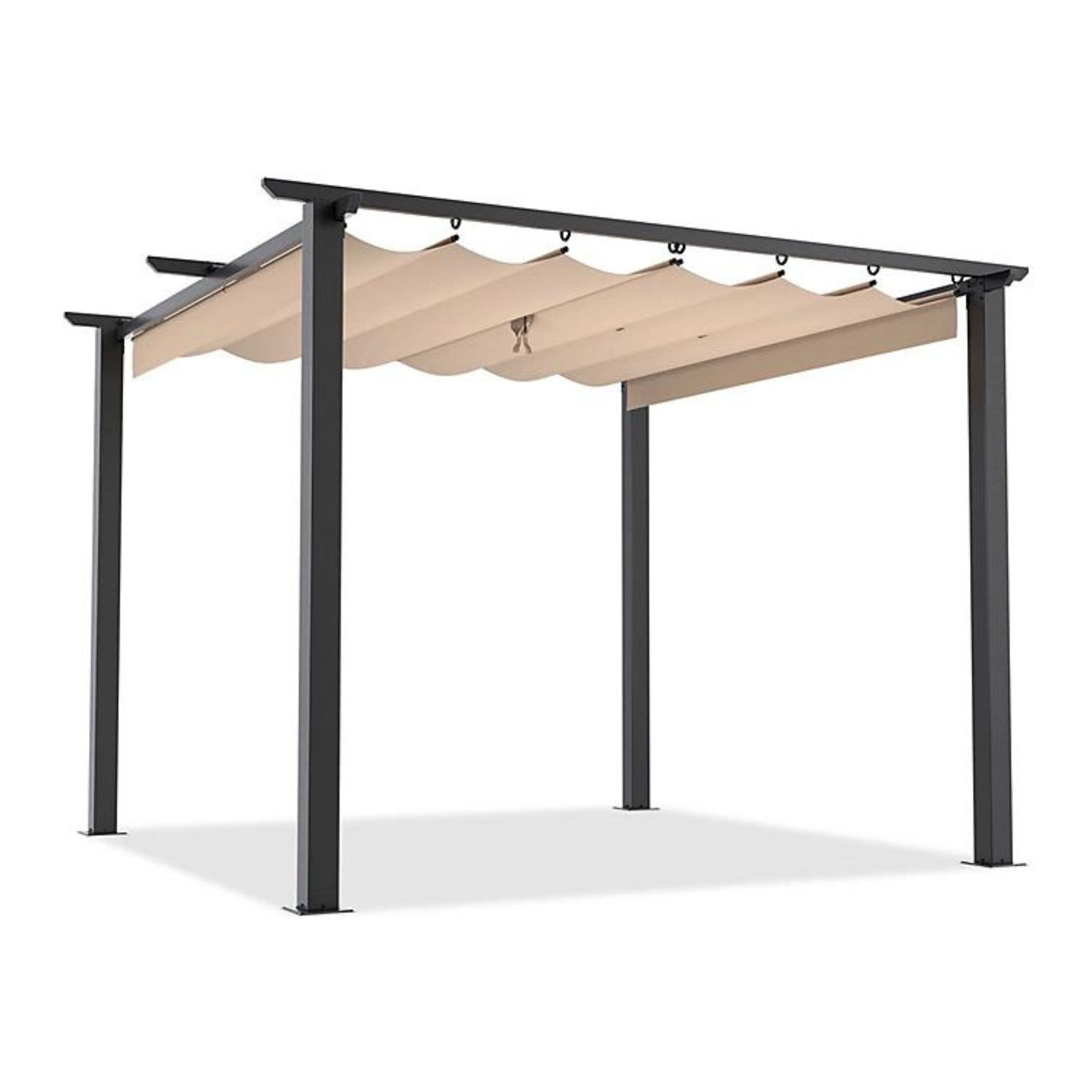Do I have a right to privacy in my garden? Here's what you can (and can't) do
Experts explain where you stand legally, and what you can do to protect your garden's privacy

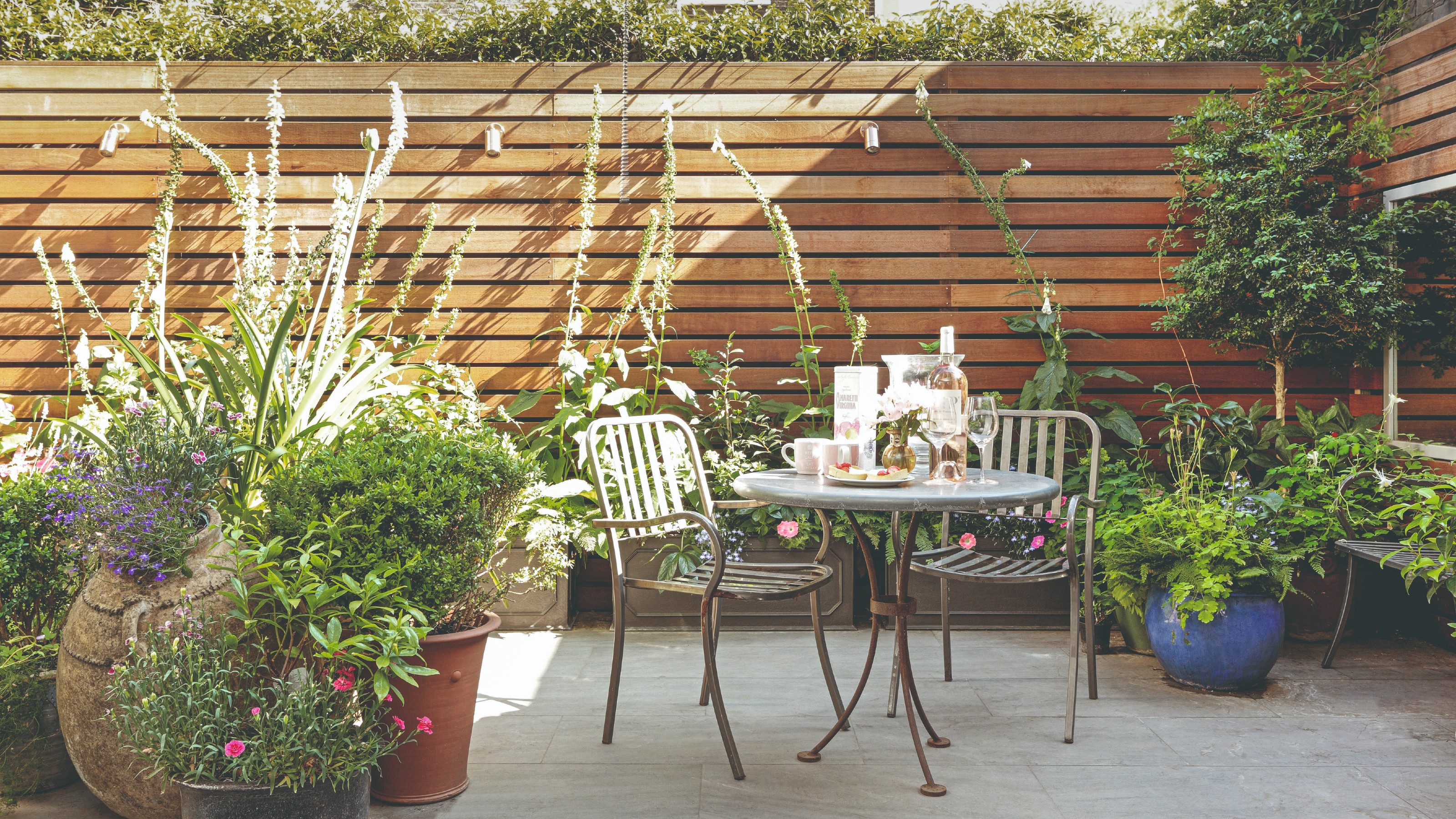
Your garden should be a private, relaxing haven, but if you've found yourself asking 'Do I have a right to privacy in my garden?', you're not alone.
Whether next door's new extension is overlooking your space, or your neighbours just feel a little too close for comfort, it's natural to want more seclusion.
While there are plenty of patio privacy ideas and garden screening ideas which can help enclose your space, you might still be questioning your rights, and wondering what practical steps you can take to protect your property.
Luckily, we've consulted gardening and planning experts to help you understand where you stand when it comes to rights to privacy in your garden, and solutions to help you enjoy your outdoor space without worrying about prying eyes.
Garden privacy rights
1. Overlooking and intrusion
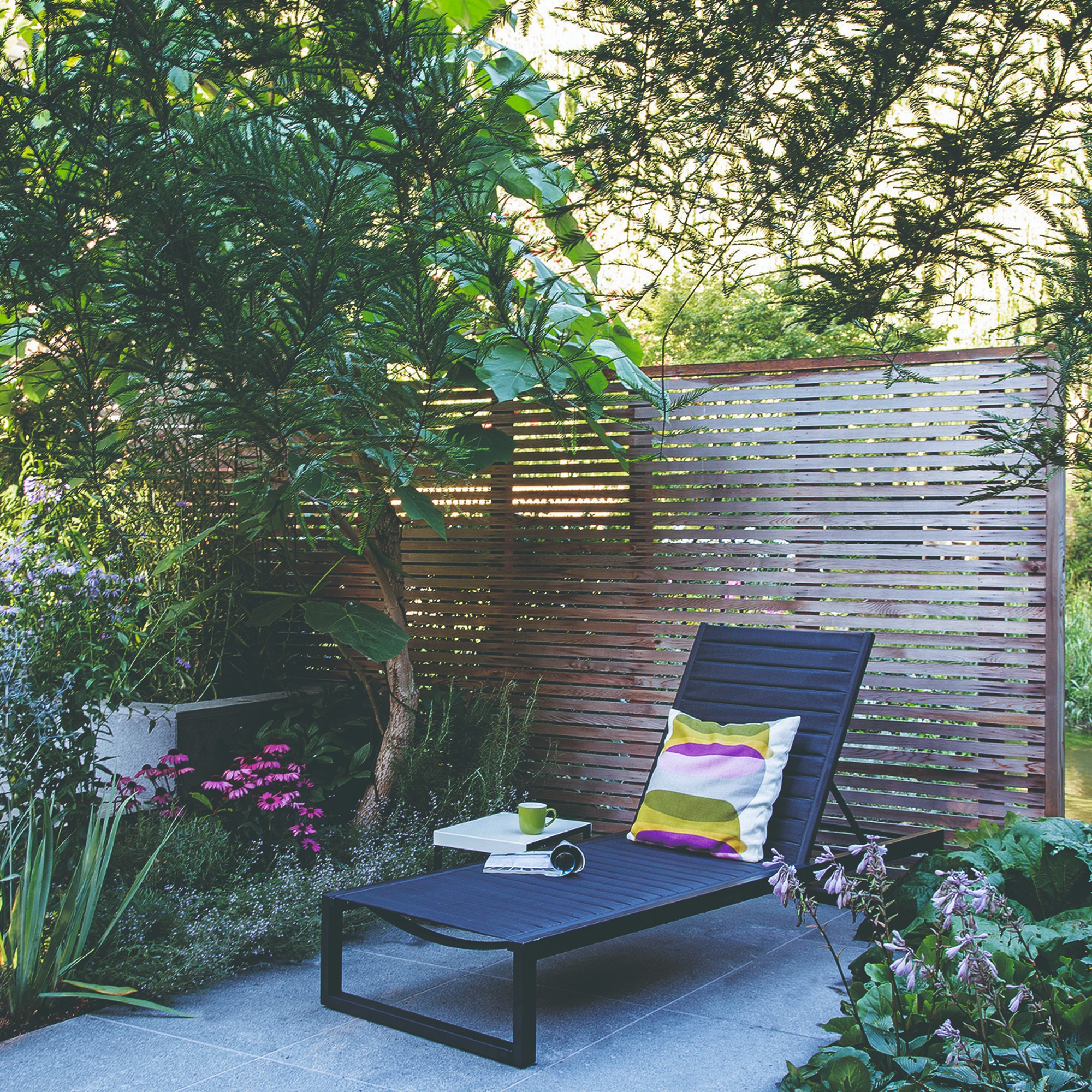
If your neighbour has a direct view into your garden, it can feel like an invasion of privacy – and it's a common concern among homeowners.
If you're feeling overlooked and wondering 'Do I have a right to privacy in my own garden?', the short answer is no, according to the experts.
'Legally speaking, there’s no absolute protection for how exposed your outdoor space feels,' says David Breare, property expert at Canonbury Management.
Sign up to our newsletter for style inspiration, real homes, project and garden advice and shopping know-how
'The law is more concerned with tangible changes, like someone altering a boundary, blocking access, or building too close to your property, than with the feeling of being overlooked.'
That said, if a neighbour builds something that impacts your property and enjoyment of it, you may be able to challenge it.
'As your garden is considered part of your private property, you do have the right to enjoy it without unwarranted interference,' points out Graham Smith, MCIHort from LBS Horticulture

Graham Smith MCIhort is the gardening expert at LBS Horticulture. He has extensive knowledge in the horticultural and gardening industries, and prides himself on using this to help gardeners of all skills create their perfect outdoor space.
2. Planning permission and privacy
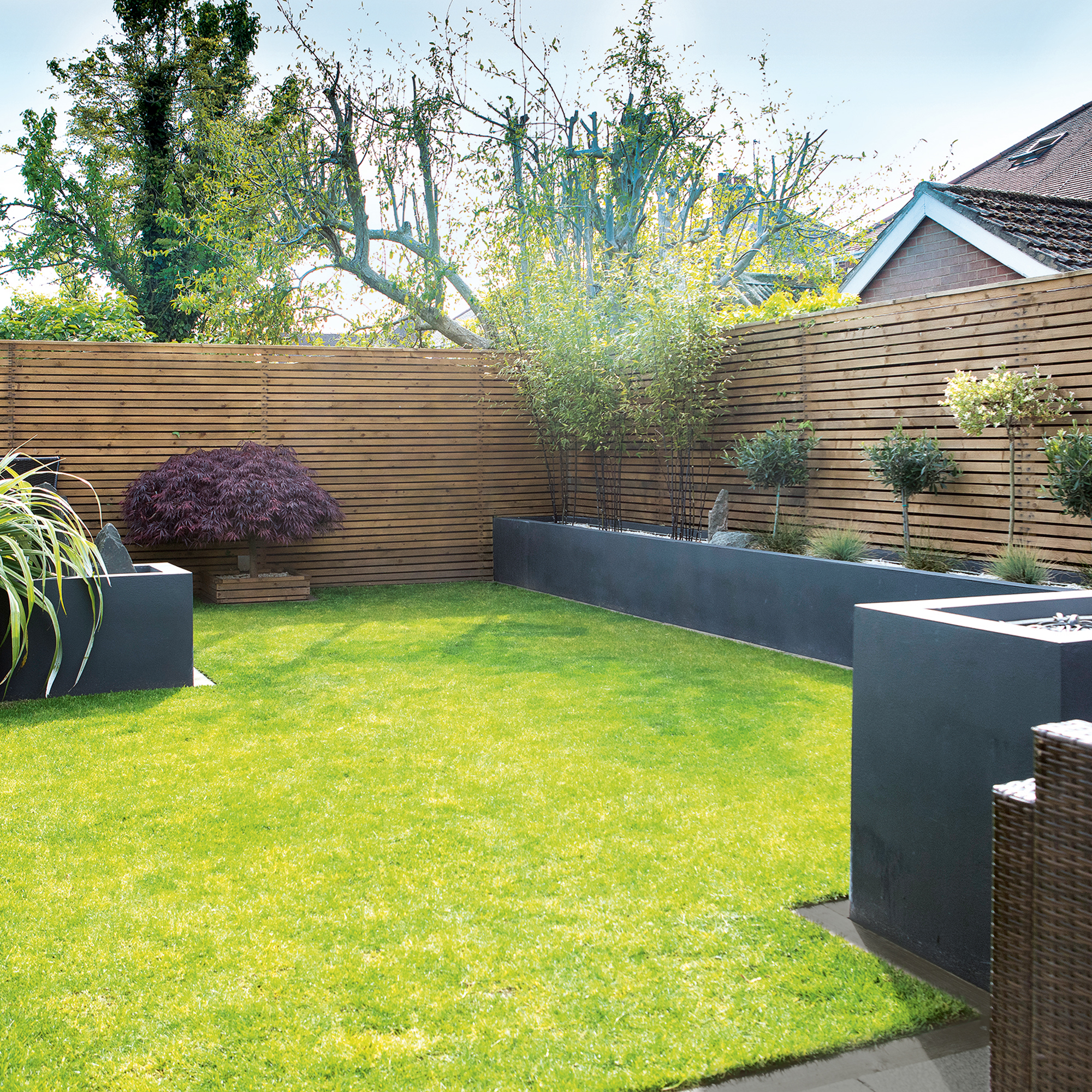
This leads onto the next question, – do you have the right to object to an extension, new garden building, or upper-level window, if it alters your privacy?
'If the change feels intrusive or wasn’t part of an approved planning application, it’s worth checking with your local council,' advises Morris Hankinson, director of Hopes Grove Nurseries.
'Overlooking can be a valid concern in planning terms, especially where upper-floor windows or elevated structures are involved,' he says.
Whether anything can be done will depend on how the change came about, says David.
'Some structures need planning permission, others don’t. If you think planning rules weren’t followed, you can check with your local authority to see what was approved,' he outlines.

Morris Hankinson is the founder and managing director of Hopes Grove Nurseries Ltd, the UK’s only specialist grower-retailer of hedging plants. He established the thriving business in 1992, shortly after graduating with a Commercial Horticulture Degree from Writtle College, Essex.
3. Fence heights, hedges and boundaries
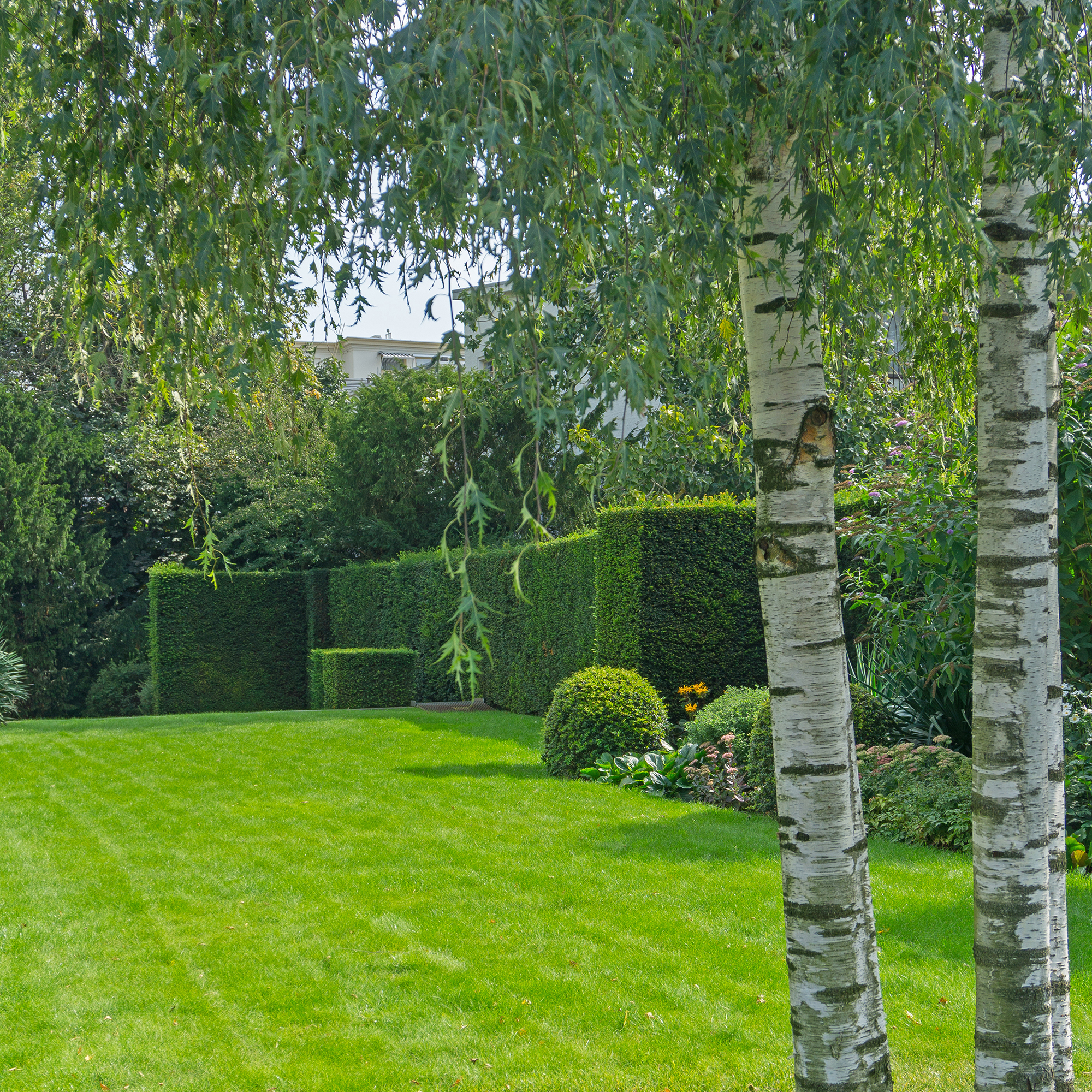
If you've been asking yourself, 'Do I have a right to privacy in my own garden?', you might have already considered adding fast growing privacy trees and hedges as a solution. It's worth noting though, that there are some rules around putting up fences and trees.
Fences, walls and outdoor structures can usually be put up to a height of 2.5 metres without needing planning permission, explains Reilly Gray, co-founder of Suns Lifestyle.
'But if you live in a conservation area or the structure exceeds this height, you may need to get approval from your local authority. It’s always worth speaking to your neighbours too, to ensure whatever you have planned doesn’t negatively impact their outdoor living space,' Reilly says.

Reilly Gray is co-founder of British, independent, family-run outdoor living specialists, Suns Lifestyle. Specialising in high-quality luxury outdoor structures, furniture and accessories, Suns Lifestyle's collections have been designed for a full life outdoors, all-year-round.
4. Your rights to light and privacy

Just like when a neighbour's tree blocks your sunlight, there are no specific rights to light and privacy in your garden – but there are some exceptions.
'The UK law doesn’t offer a specific ‘right to privacy’ outdoors. What you do have is a ‘right to light’, but that generally applies to windows, not your patio,' explains Martin Dooley, director at MD Carpentry Workshop.
If a window has received uninterrupted daylight for more than 20 years, you may have legal protection, but that doesn’t extend to garden areas.
There is a High Hedges Legislation that might enable you to take action, advises Graham, from LBS Horticulture.
'If the hedge consists of two or more evergreen or semi-evergreen trees or shrubs, is over two metres tall and affecting your ability to enjoy your home or garden due to its height you may be able to complain,' he says.
What to do if your privacy is being affected
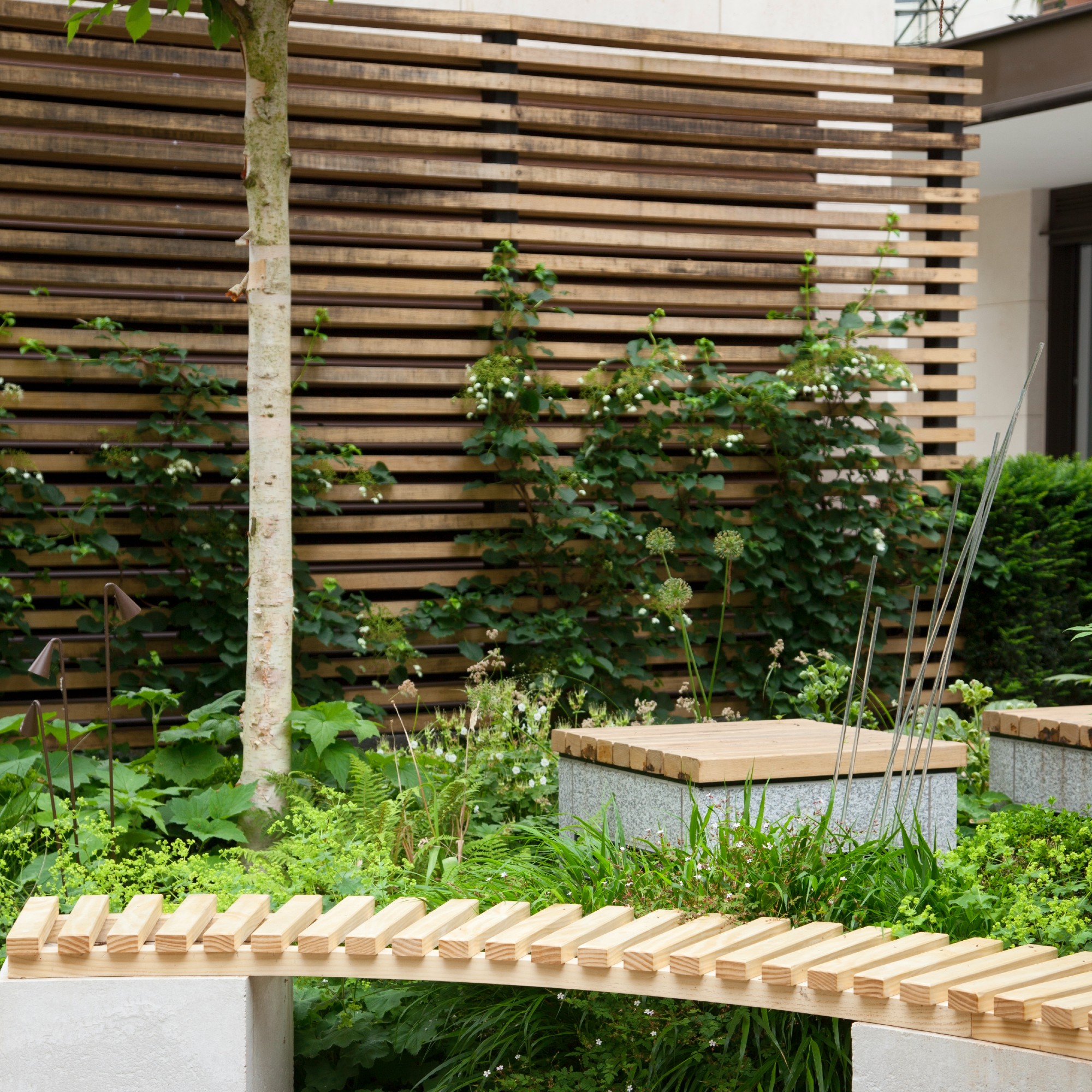
If you feel overlooked in your garden, or you're concerned your privacy is being compromised illegally or excessively, there are several steps you can take.
The first step is to approach your neighbour, says Morris.
'Engage in friendly conversations with your neighbours about how the issue could be resolved; this is usually the best way to avoid conflict. However, unfortunately, this may not always solve every privacy issue so you may need to contact your local council for support.'
The good news? There are a number of practical solutions you can implement to provide more privacy, from garden screening ideas including cedar screens, to fence ideas and flowering container plants.
Practical solutions to increase your garden privacy
- Fencing: installing a fence is the most common way to increase privacy in your garden
- Evergreen hedge species; plant along your boundary, ideally this will grow to above eye level to give effective privacy. Morris recommends Cherry Laurel, like these from B&Q) which tick several boxes in terms of being fast growing and providing great coverage
- Decorative privacy screens: add architectural interest while also blocking neighbouring views
- Canopies, parasols and pergolas: ideal for creating overhead privacy, from upper-floor windows or balconies
- Louvred screens or adjustable shutters: provide flexibility over light and privacy
- Tall planters and strategic planting: Bamboo, tall grasses, or pleached trees create a soft, natural barrier. Choose varieties that won’t overwhelm the space or the neighbours.
Shop garden privacy solutions
FAQs
Are you entitled to privacy in your garden?
It's not a black and white answer. While your garden is considered private property, so yes, you do have a right to enjoy it in peace, there's no absolute legal right to privacy in the UK.
'Everyone has a basic right to privacy under the Human Rights Act 1998, however it's really difficult to guarantee complete privacy,' states Morris Hankinson.
'Although there is no specific law around privacy in the garden, there are lots of other laws that help afford you at least some level of privacy in your garden, such as the High Hedge Act,' Morris advises.
Can I block my neighbour's view of my garden?
There are certain things you can do to create more privacy in your garden and remove your neighbour's view of your space, but there are things you'll need to be mindful of.
'You do have a right to block your neighbour's view into your garden within reason, but you will need to break up their view with visual barriers and be cautious to not block the view too close to their windows or anywhere that could affect their enjoyment of their property,' advises Graham.
And you'll need to be mindful of your neighbour's right to light too, so if your plans block too much of their light, it could create issues.
Can I put a window in overlooking my garden?
There are no standards or building regulations around windows overlooking neighbouring gardens – however what is considered as an unacceptable impact will vary, and depend on factors such as the amount of privacy that neighbouring houses currently have.
'If a neighbour is adding additional windows to their property they are likely to need planning permission, which means that you may be asked for your views on the work,' says Graham.
Now you know the answer to the question, 'Do I have a right to privacy in my own garden?', you're one step closer to creating a more secluded, enjoyable outdoor space.

